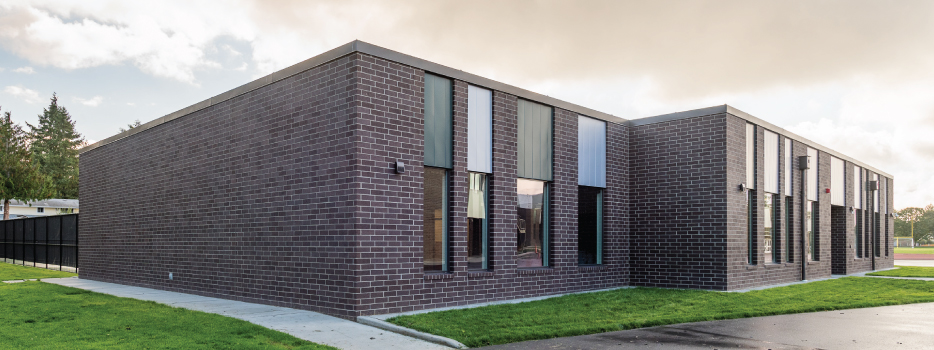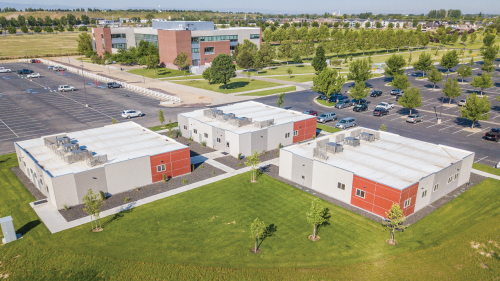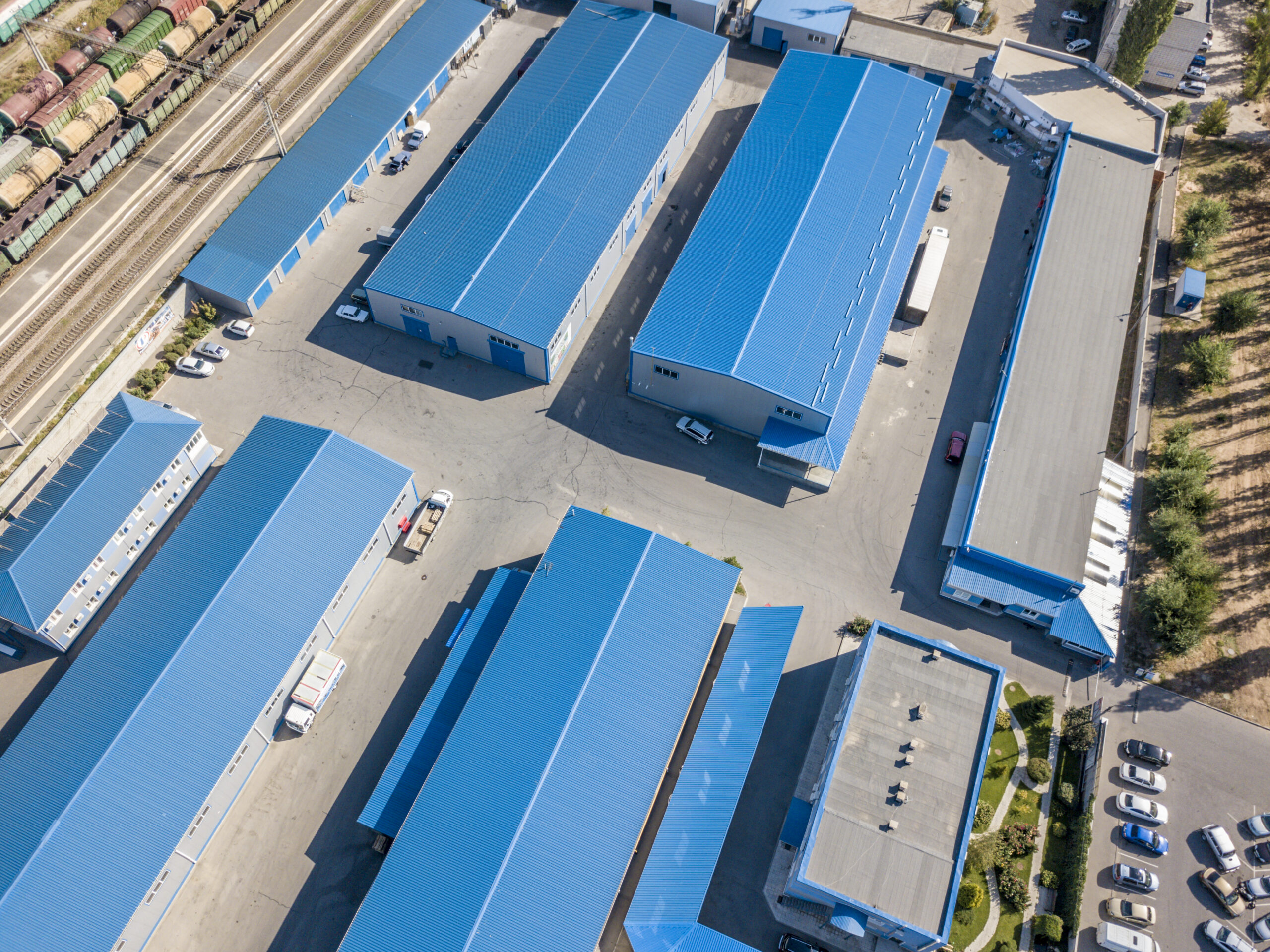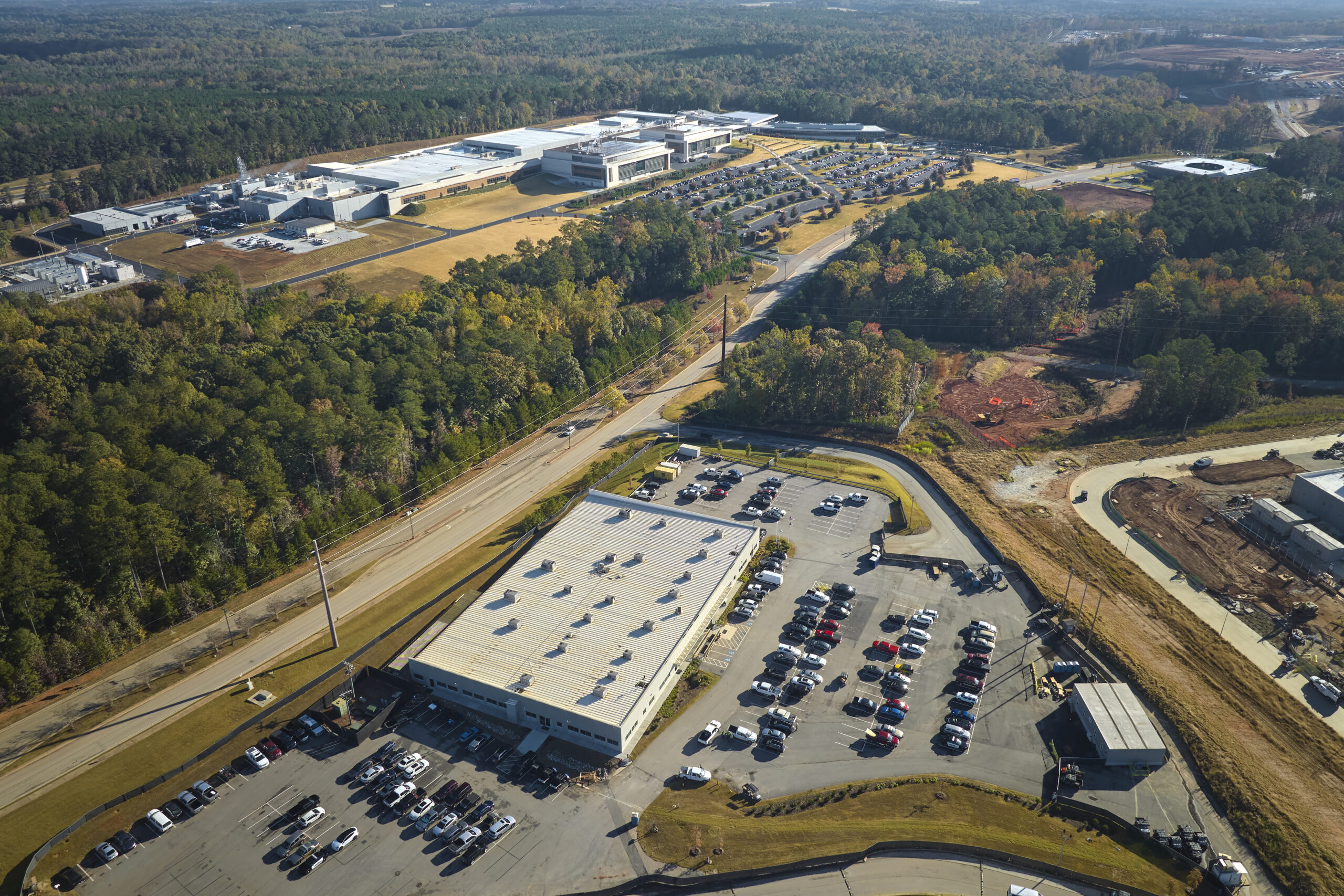
What is Modular Construction?
The best way to define modular construction is to start with what it is not. When most people hear “modular construction” they think of double-wide trailers and cheap, low quality, poorly insulated, ugly, structures that aren’t built to last. But what they’re thinking of are manufactured structures. While they’re both prefabricated structures, modular construction and manufactured structures are completely different.
Manufactured structures are constructed in a factory and built in sections – either single or multi-width on a fixed, steel chassis rather than a permanent foundation with wheels that are detached after arriving onsite. They can be relocated and because of that, their financing options are limited but they typically cost less. Manufactured structures follow the Federal HUD code requirements rather than local, state, and regional codes that structures built with modular construction must follow as do traditional stick-built structures.
Modular construction evolved from stick-built construction to meet a historical need for construction to be faster, more efficient, predictable, and shielded from external elements and harsh weather. It’s a construction method that employs offsite construction for a greener, faster, smarter approach to traditional stick-built construction. The advantages and efficiencies of modular construction that appeal to developers, general contractors, and builders are:
- Greener: The factory-controlled process generates less waste, creates fewer site disturbances and allows for tighter construction.
- Faster: Construction of modular buildings occurs simultaneously with site work, allowing projects to be completed in half the time of traditional construction.
- Smarter: Modular buildings are built with the same materials and to the same building codes and architectural specifications as traditional construction. Once assembled, they are virtually indistinguishable from their site-built counterparts.
A modularly constructed building is made in multiple pieces in a factory setting and then transported and assembled onsite. Construction of modular buildings occurs simultaneously with site work, allowing projects to be completed in half the time of traditional construction. Standard financing options apply for their competitive and industry-standard cost relative to stick-built structures. Oftentimes modular construction is more cost-effective than stick-built construction because there is a level of certainty around the final cost of a structure.
There are three types of modular construction:
- Permanent Modular Construction – an innovative, sustainable construction delivery method utilizing offsite, lean manufacturing techniques to prefabricate single or multi-story whole building solutions to deliverable module sections.
- Relocatable Buildings – a partially or completely assembled building that complies with applicable codes or state regulations and is constructed in a building manufacturing facility using a modular construction process.
- Semi-Permanent – a building that could be relocated with a design that allows for minimal additional costs for removal and reinstallation regarding how the mateline connections are managed. Installed on a permanent style stem wall foundation to allow for flush to grade entry that meets ADA access requirements with applied additional exterior architectural elements to give it a sense permanence.
Modular construction’s overall market share in the construction industry is extremely low for what many argue it should be. Sitting at 5.5% in 2021, the modular construction industry suffers from end-users’ common confusion between manufactured structures and modular construction. While they’re similar, they’re absolutely not the same.
The next time you hear the words “modular construction” we hope you think of beautiful buildings built with materials of the utmost quality to stand the test of time employing a construction method that’s cutting edge and produces the same, or better, results as traditional stick-built construction.
Have a project and curious whether modular construction is the right fit? Reach out to us! Pacific Mobile Structures is a licensed general contractor, fully staffed with construction professionals who can turnkey your entire project and deliver the purpose-built, beautifully finished modular structure you need.
Pacific Mobile has completed modular buildings throughout our service territory in the western U.S. Our projects have included college campuses, medical clinics, office buildings, corporate headquarters, churches, daycares, agricultural facilities, retail space, and many more.
With our dedicated staff of experts who are experienced in both traditional construction and modular techniques, you can tap into the full array of services to turnkey your project for you. Our custom modular construction capabilities include award-winning architectural/design services and civil/structural engineering services.



